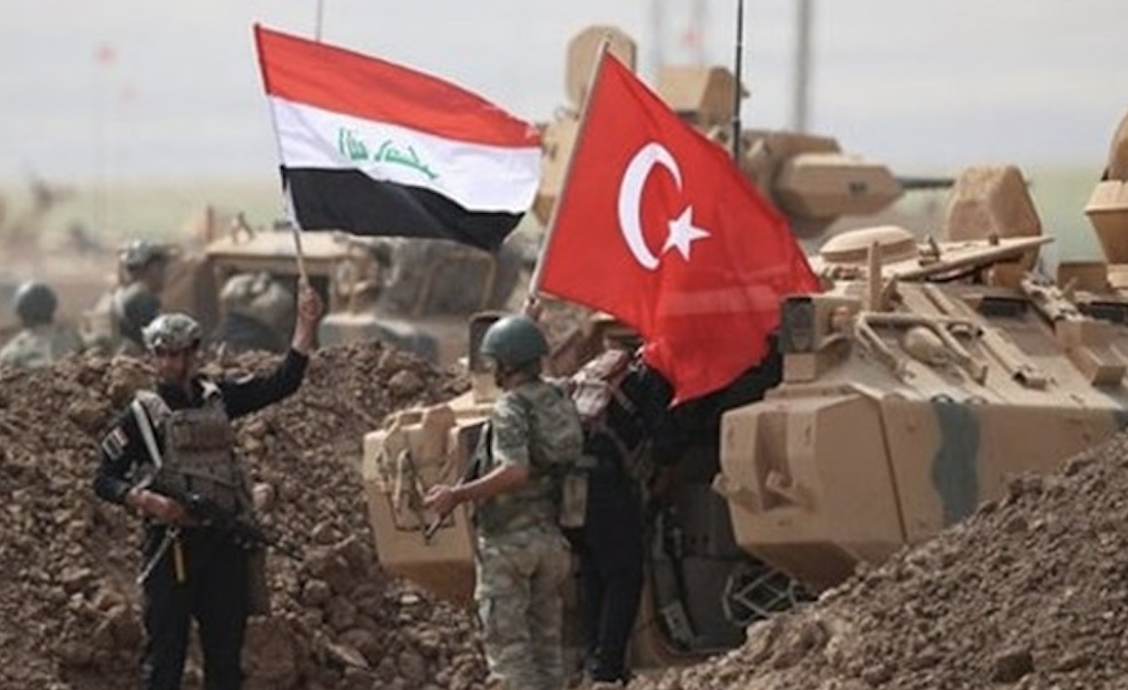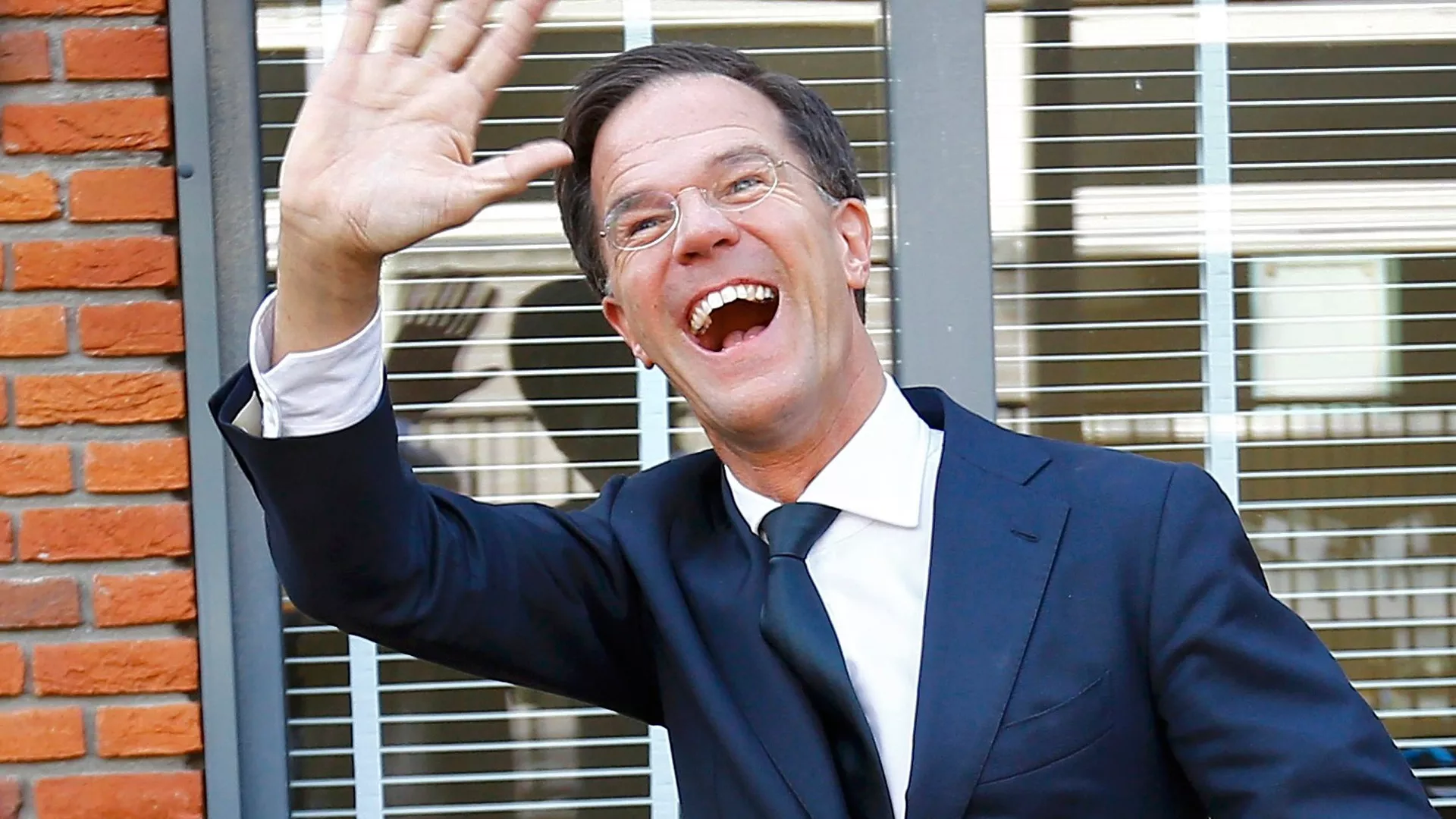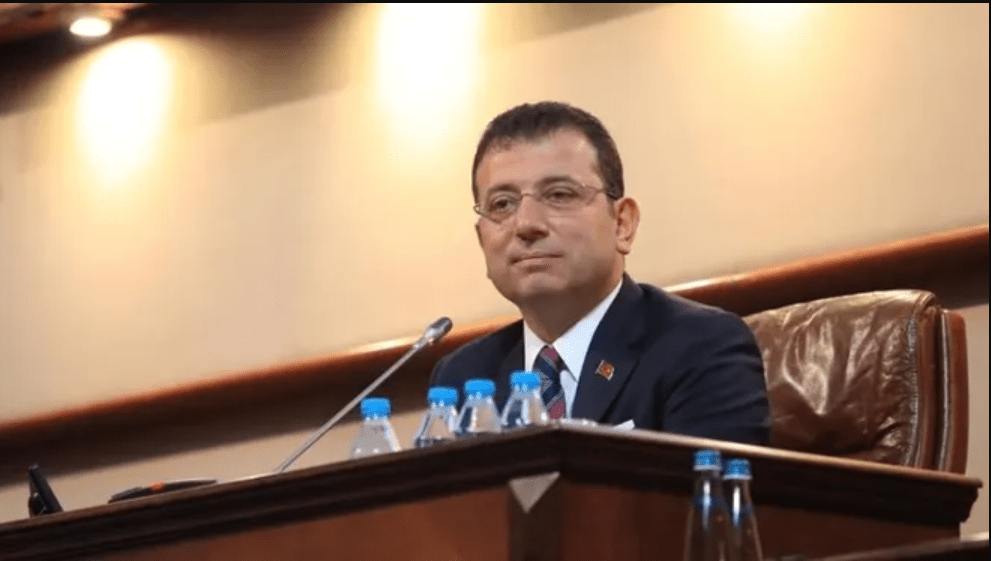The border with Syria, which the central government in Baghdad has difficulty controlling, is 599 kilometers long. The central government complains that the border area, which has been destabilized since the Iraq war in 2003, especially by the US-led coalition forces, has turned into a shambles, but it cannot do anything about it.
On top of that, the Syrian Civil War, which has been going on since 2011, has added to the lack of control. Another source of chaos on Syria’s border with Iraq or Iraq’s border with Syria was the Daesh/ISIS terrorist group, which had previously included the region in its sphere of activity.
- Five notable operations that the Mossad botched
- Trump would not be the first Confederate to be barred from the presidency under the 14th Amendment
The northern part of the border remained under the control of the Syrian Kurds who were engaged in a life-and-death struggle against Daesh/ISIS. It formed the border between Ayn al-Arab /Kobani, i.e. Rojava, and the Kurdish Regional Government in Northern Iraq. And don’t forget the military bases of the US and coalition forces stationed on the Syria-Iraq border line. From that day to this day, whether you call it control, supervision or sovereignty, it’s a moot point.
Seeking to turn this crisis into an opportunity, Iran was aware of the vital importance of the corridor stretching from Tehran to Beirut for its goal of consolidating its growing dominance over the region, and it exploited this geostrategic opportunity at its doorstep. It enabled the passage of paramilitary forces with weapons and ammunition through Iraq in support of the Syrian regime.
After 1990, Turkish military bases are located in Iraq and the Kurdistan Regional Government region with the consent of Saddam Hussein’s government in order to fight against the PKK, which infiltrated Turkey from northern Iraq and carried out terrorist attacks.
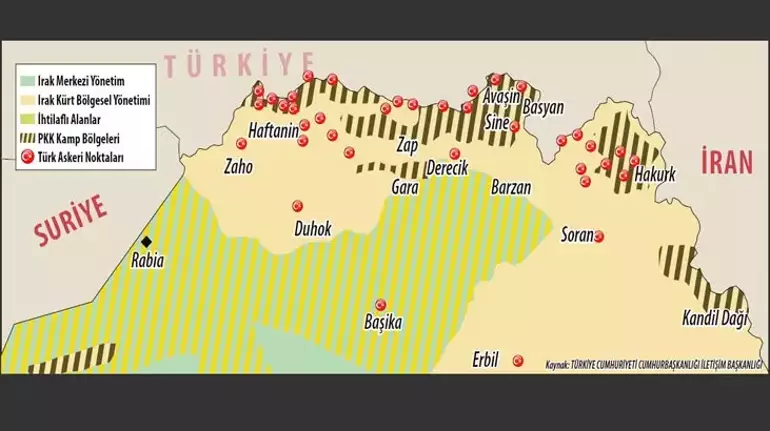
The legal presence of TAF military bases and other elements in northern Iraq dates back to the 1997 agreement with the Kurdistan Democratic Party. The previous period includes an agreement with the Saddam administration in 1992, following the Gulf War, to conduct hot pursuit and cross-border operations against PKK groups trying to infiltrate Turkey from the Iraqi border, in line with an agreement with the Baghdad administration.
Turkish soldiers have been there for 27 years.
Why did the Turkish Armed Forces establish cross-border bases in Northern Iraq?
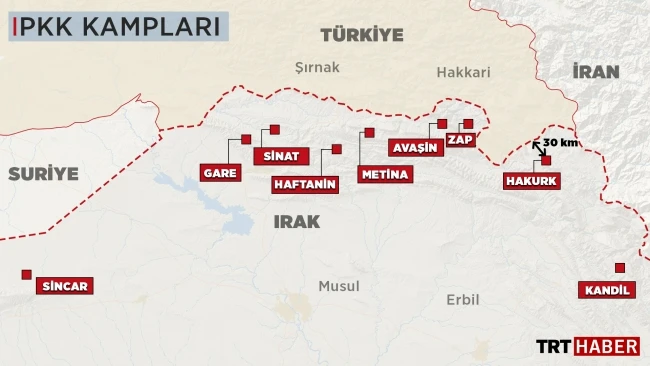
Turkey, which has been deploying troops in 10 different outposts in northern Iraq since 1994 as part of the fight against the PKK, aims to create a secure line northwest of Mount Qandil, connecting the base areas and cutting the terrorists’ supply routes.
The choice of these base locations is important in terms of reflecting the geostrategic perspective of the Turkish Armed Forces!
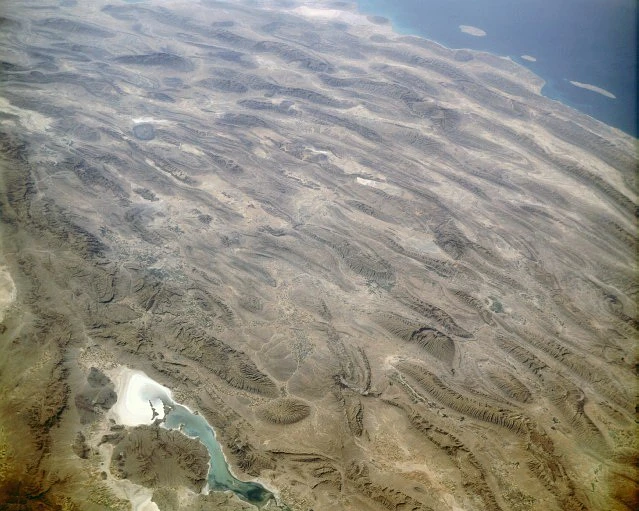
Because some of the bases in the strategic Zagros Mountains in the Turkey-Iran-Iraq triangle are located in the region where Alexander the Great said, “I lost half of my army there”.
Where are the Turkish Armed Forces’ military bases in Northern Iraq?
Turkish troops are in Northern Iraq, in Erbil, in Sulaymaniyah, in Zakho.
In Dohuk, Amediye, Diyana, Batufa, Begova, Kanimasi, Bamarni.
He is serving in Seramish and Bashiqa camps.
The camps there are part of the agreement and permanent…
Turkish Liaison Teams (TİT), most of them members of the Special Forces, have been operating in these settlements since 1997.
There are approximately 2,500 Turkish troops in bases in Iraq.
From time to time, this number can rise to around 5,000, depending on the threat capacity of terrorist elements. The Turkish military base, located in the town of Sheladize in the Amediye district of the Amediye district in the countryside of Dohuk, Northern Iraq, is part of the Malatya-based Turkish Armed Forces 2nd Army 7th Corps Command.
The 2nd Army’s mission is to protect Turkey against external threats from Syria, Iran and Iraq.
7th Corps is one of the corps of the 2nd Army of the Turkish Land Forces.
Is Ankara uneasy as the Iran-US conflict plunges Iraq into chaos?
The Shiite Forces Coordination Framework, the “third spoiler” based on the ruling of the Iraqi Federal Court, can be a political movement with the Sunni Sovereignty Alliance and the Kurdistan Democratic Party (KDP), with which it sometimes reaches agreements.
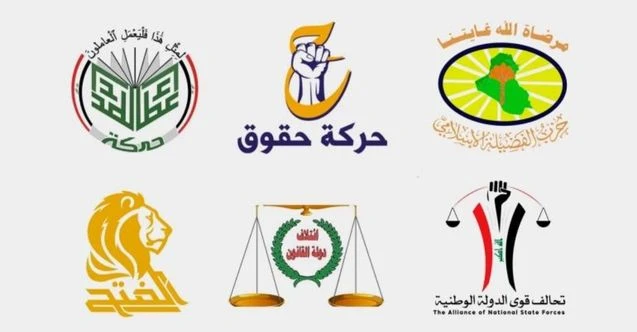
The coalition of Shiite groups, called the Coordination Framework for Shiite Forces, won 101 out of 285 parliamentary seats in a December 18 vote. The Iran-linked coalition thus gained strength ahead of parliamentary elections in 2025.
The first list of the Shiite alliance, which won 43 seats, brings together Iraq’s most influential pro-Iranian military-political groups, such as the Badr Organization and Asaib Ahl al-Haq.
Shiite leader Muqtada al-Sadr, who opposes this pro-Iranian structure, which is not part of the Shiite Forces Coordination Framework, boycotted the elections.
The US and Coalition forces have gone wild and attacked Baghdad!…
Since October 17, 2023, Shiite armed groups calling themselves the “Islamic Resistance” in Iraq have carried out more than 150 attacks targeting US forces in Iraq and Syria.
On Thursday, January 4, 2024, US forces targeted the Hashd al-Shaabi headquarters in the Iraqi capital Baghdad, killing 3 senior Hashd al-Shaabi commanders, including 12th Brigade Commander Abu Taqwa al-Saidi, and wounding dozens of others.
Since October 17, 2023, the al-Nujaba movement has claimed responsibility for several attacks on American military bases, and is one of the most prominent armed militias affiliated with Iran.
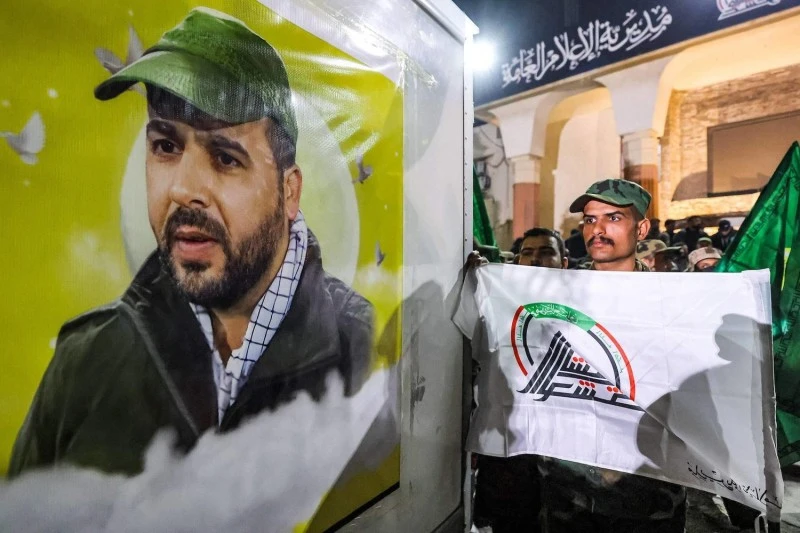
On January 4, the latest US attack in broad daylight in the middle of Baghdad, in defiance of the Central Baghdad Government, targeting the leader of the al-Nujaba movement, Mushtak Talib al-Said, alias Abu Taqwa, in the middle of Baghdad, was the last straw for the Iraqi government.
Judging by the Baghdad government’s statement, it is clear that the legitimacy of the presence of the US occupation forces in the country is being challenged in the strongest way since the Gulf War. It shows the extent of Tehran-Baghdad cooperation and mobilization.
Indeed, the government has declared that it is working to end the US-led international coalition’s mission in the country. The perpetrators of the bomb assassinations in Iran in the last week can be seen more clearly. The same is true for cattle herders.
They are also uncomfortable with the reversal of the process in which they settled with the Gulf War and exploited Iraq’s oil and natural gas energy resources. In this context, it is understood that Joe Biden’s policy of de-escalation in Iraq is over and the classic Yankee US deterrence strategy is back.
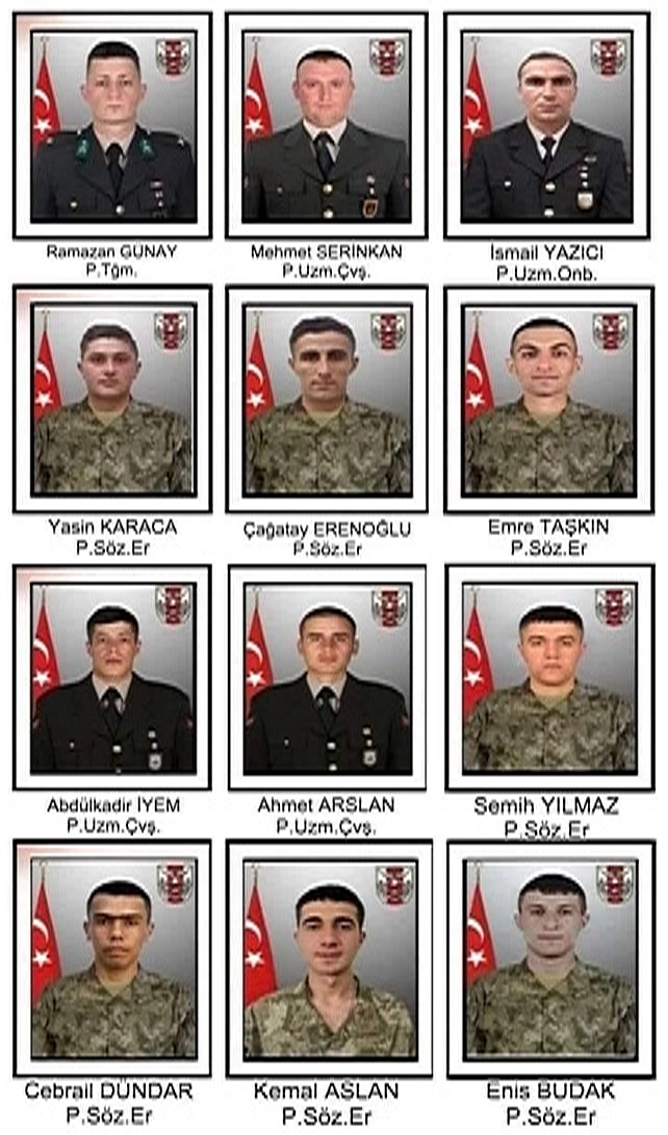
First, the attack on the Turkish military base in Northern Iraq and the brutal massacre of dozens of Turkish soldiers, then the bombing of a memorial ceremony for Qasem Soleimani in Iran’s Kirman province just as Iranian President Ibrahim Reisi was about to arrive in Ankara, and the attack on the Hashd al-Shaabi headquarters in Baghdad and the killing of its commanders are not isolated incidents.
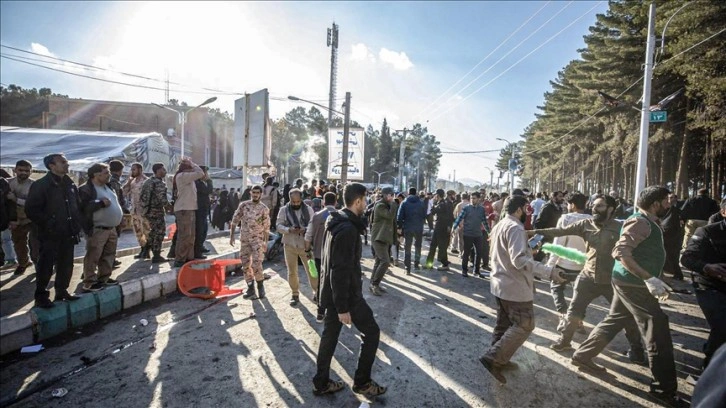
During his first visit to Turkey as part of his Middle East tour, US Secretary of State Antony Blinken was greeted in Ankara with a hundred and one rounds of artillery, but somehow and for some reason the shells fell on the heads of the Conis in Northern Iraq.
The Turkish Armed Forces, of which President Erdogan is the Commander-in-Chief as required by the Constitution, welcomed Blinken with an airstrike. It neutralized terrorist camps in Northern Iraq and their foreign supporters in the region.
In short, Tehran and Baghdad, despite the sectarian harmony and harmony between them and bilateral agreements, desire a stronger entry of the Turkish Armed Forces into Northern Iraq at a point when they realize that they are unable to expel the US and Coalition forces from Iraqi territory.
The Turkish Armed Forces have already strengthened its military presence in this area despite the unfavorable winter conditions.
It seems that in the near (?) future, the date of which is not yet known, the Turkish army will launch a larger operation, a military operation from Syria.
The alertness of Turkish military units on the Iranian border appears to be aimed at eliminating any security threats from the Iranian border.
There are also different groups within Iran. They are known to be strong among Iranian army units.
Watch out for the Zengezur Corridor!
Who wants to do what?
Selected Bibliography
https://www.rudaw.net/turkish/world/25102023
https://www.rudaw.net/turkish/opinion/010720221
https://www.ydh.com.tr/d/17858/hasdi-sabi-intikam-alacagiz
https://www.kurdistan24.net/tr/story/94837-ABD’li-yetkili-doğruladı-HaşdiŞabi-komutanı-Bağdat’taki- İHA’lı- saldırıda- hedef-alındı
https://www.aymennjawad.org/21646/islamic-state-shifts-from-provinces
https://www.tebaajansi.com/m/irak/sii-gucler-koordinasyon-cercevesi-toplandi-h290526.html
https://www.mepanews.com/service/amp/irakta-iktidardaki-sii-ittifak-yerel-secimlerde-guc-kazandi-64080h.htm
https://turkish.aawsat.com/arap-dünyasi/4774656-irak’taki-siyasal-dengeler-iran-abd-çatışması-sebebiyle-tehlikede
https://carnegie-mec.org/2020/03/31/transformation-of-iraqi-syrian-border-from-national-to-regional-frontier-pub-81396
https://tr.euronews.com/2022/07/31/irak-siyasetinde-guc-mucadelesine-ne-yon-veriyor-protestolar-siddet-eylemlerine-donusur-mu
https://www.reuters.com/article/us-iraq-syria-border/iraq-reopens-syria-crossing-in-win-for-mutual-ally-iran-idUSKBN1WF1G1
https://www.voaturkce.com/a/blinken-turkiyeyi-de-kapsayan-yogun-diplomasi-turunda-erdogan-ve-fidanla-gorusecek/7427025.html

